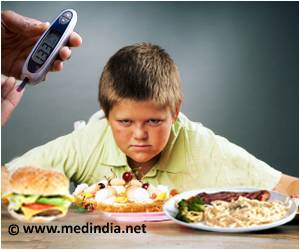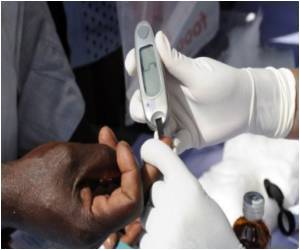Diabetic ketoacidosis is a severe condition affecting children with type 1 diabetes, which can be reduced with the help of a regular health care provider by educating on diabetes, its symptoms, and prevention.

‘Children of lower socioeconomic status may have a higher risk of diabetic ketoacidosis which can be reduced with the help of a regular health care provider by conducting interventions and awareness campaigns on diabetes and its preventive measures.’





"Having a regular primary care provider was associated with a reduced risk of DKA at diabetes onset, but this protection reached statistical significance only among those 12-17 years of age," writes Dr. Meranda Nakhla, Montreal Children's Hospital and the Research Institute of the McGill University Health Centre, Montreal, Quebec, with coauthors. "Adolescents who had a regular family physician or pediatrician were 31% less likely or 38% less likely, respectively, to present with DKA relative to those without regular primary care."The researchers looked at data on 3704 children with newly diagnosed diabetes over the study period from 2006 to 2015. The mean age at diagnosis was 10 years and about 27% (996 children) presented with diabetic ketoacidosis at time of diagnosis. About 59% (2177 children) had a regular primary care provider before diagnosis. Children of lower socioeconomic status or living in small cities were more likely to have a diabetic ketoacidosis episode at diagnosis of diabetes than those of higher socioeconomic status or those living in urban areas.
"Our study provides further evidence for policy-makers about the need to develop and strengthen initiatives that promote primary care for children," write the authors. "Our results highlight the need to develop targeted interventions for children under 12 years of age, including increasing public and physician awareness (through educational campaigns) about the symptoms of diabetes in this age group."
Dr. Astrid Guttmann, The Hospital for Sick Children (SickKids) and the Institute for Clinical Evaluative Sciences (ICES), Toronto, Ontario, writes the "study serves as an example of one of the many important child health outcomes that are both sensitive to access to timely care and independently related to socioeconomic health status."
Advertisement















